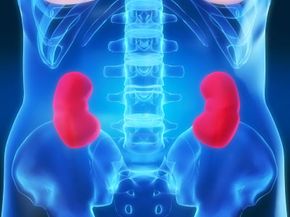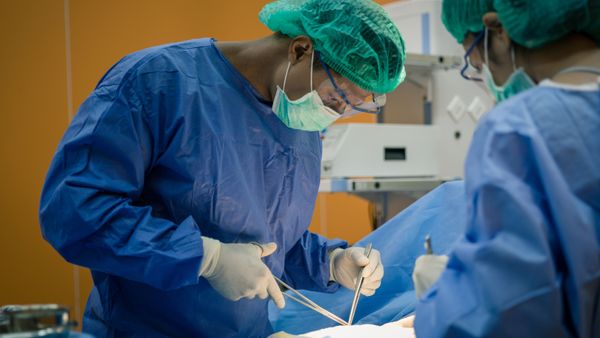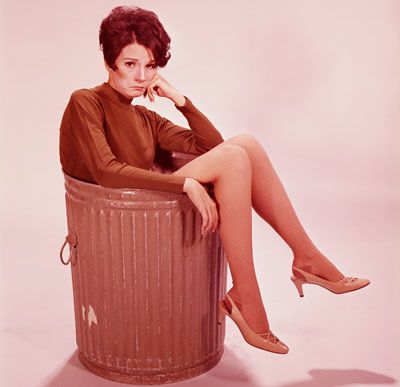Did you know that kidney stone plagued even the ancient Egyptians [source: NKUDIC]? Or that 26 million Americans have chronic kidney disease [source: National Kidney Foundation]? Hundreds of thousands of people suffer from renal failure each year and undergo dialysis or await a kidney transplant.
But what do your kidneys do? Why are they so important? Don't they just produce urine? In this article, we'll take a close look at our kidneys and find out exactly what they do.
Advertisement
Your kidneys are two bean-shaped organs, each about the size of your fist. They are located in the middle of your back, just below your rib cage, on either side of your spine. Your kidneys weigh about 0.5 percent of your total body weight. Although the kidneys are small organs by weight, they receive a huge amount -- 20 percent -- of the blood pumped by the heart. The large blood supply to your kidneys enables them to do the following tasks:
- Regulate the composition of your blood: Keep the concentrations of various ions and other important substances constant; Keep the volume of water in your body constant; Remove wastes from your body (urea, ammonia, drugs, toxic substances); Keep the acid/base concentration of your blood constant
- Help regulate your blood pressure
- Stimulate the making of red blood cells
- Maintain your body's calcium levels
Your kidneys receive the blood from the renal artery, process it, return the processed blood to the body through the renal vein and remove the wastes and other unwanted substances in the urine. Urine flows from the kidneys through the ureters to the bladder. In the bladder, the urine is stored until it is excreted from the body through the urethra.
Now let's take a look inside your kidneys.



